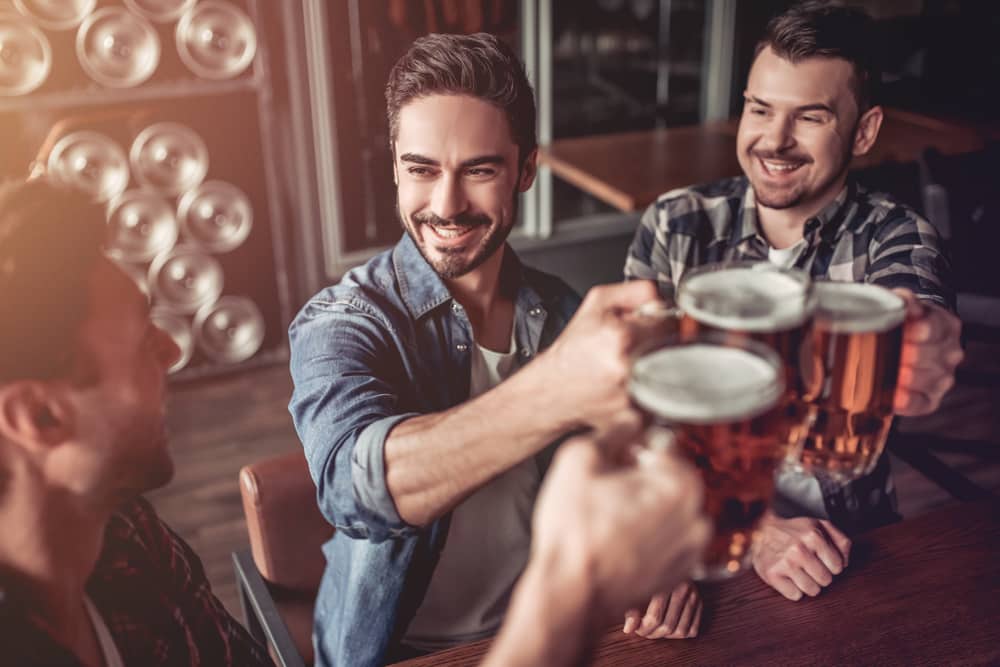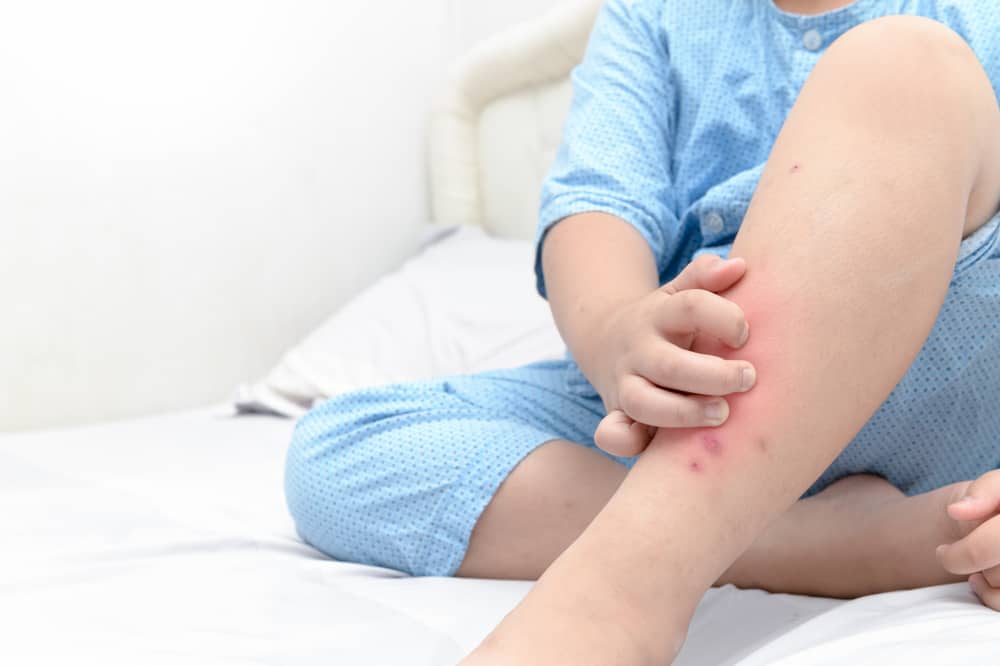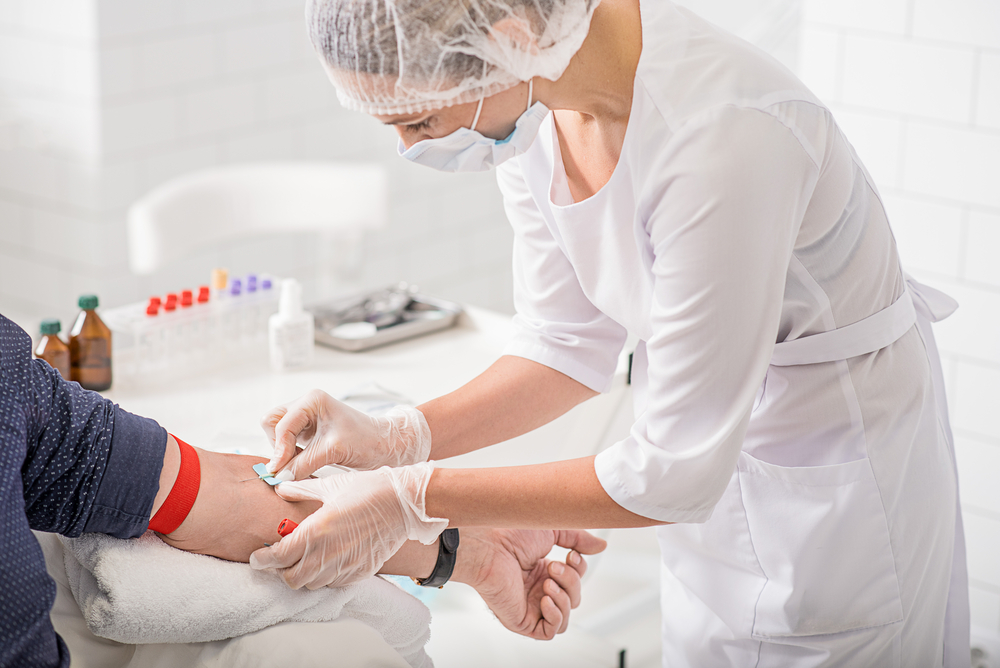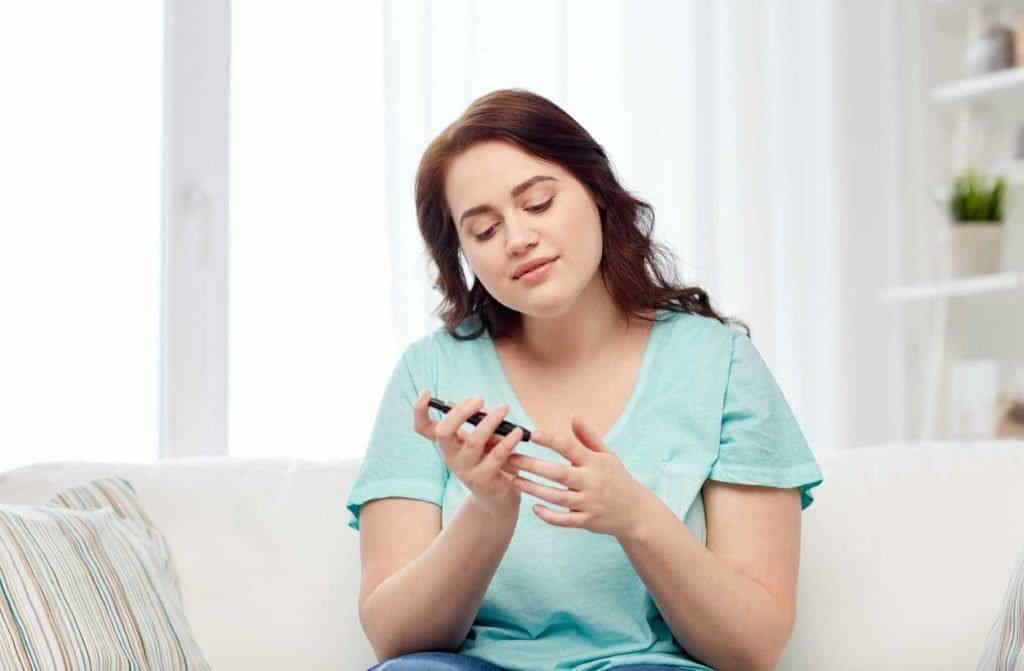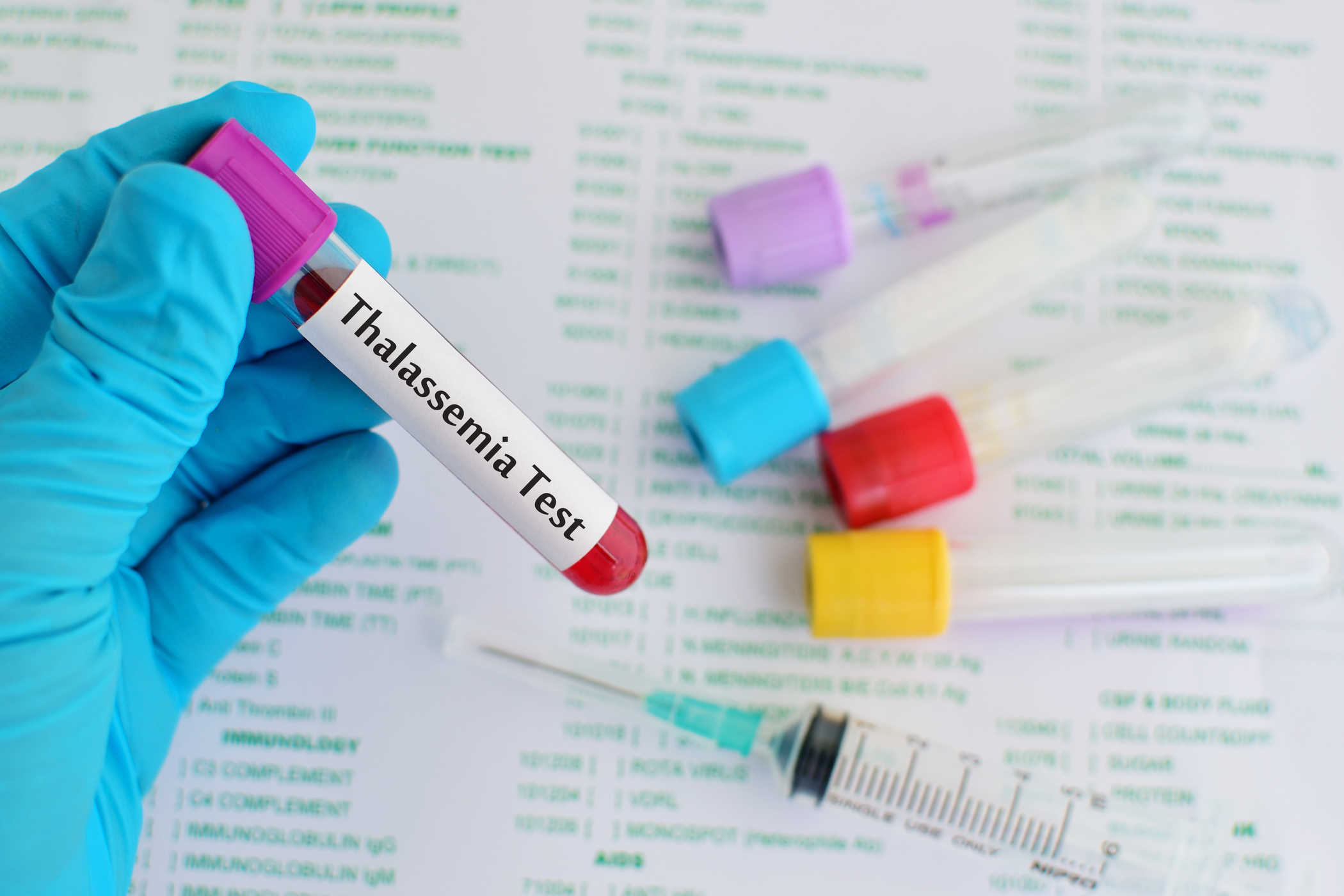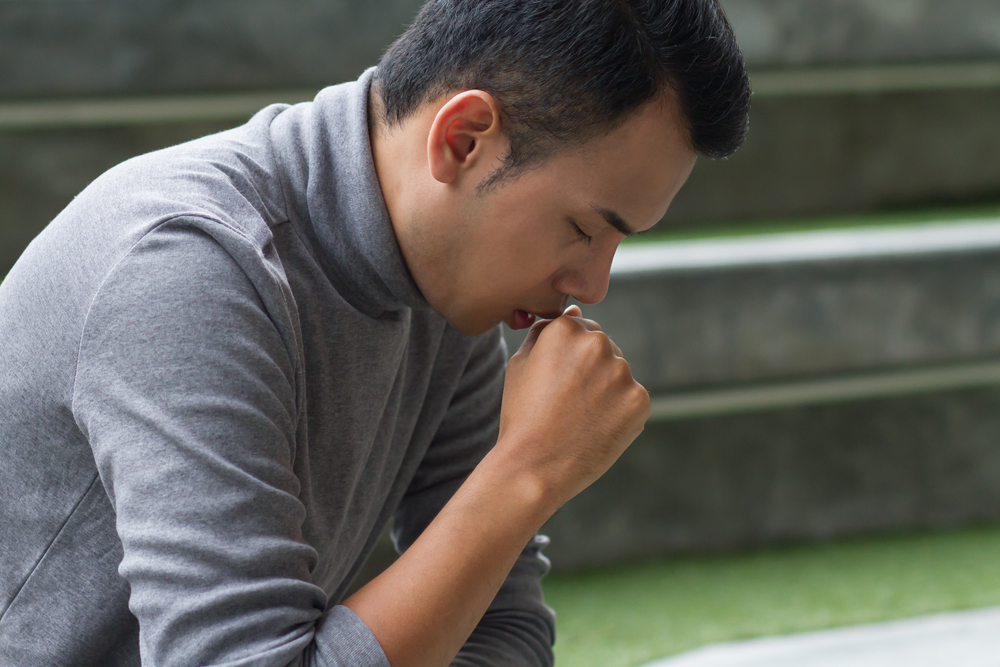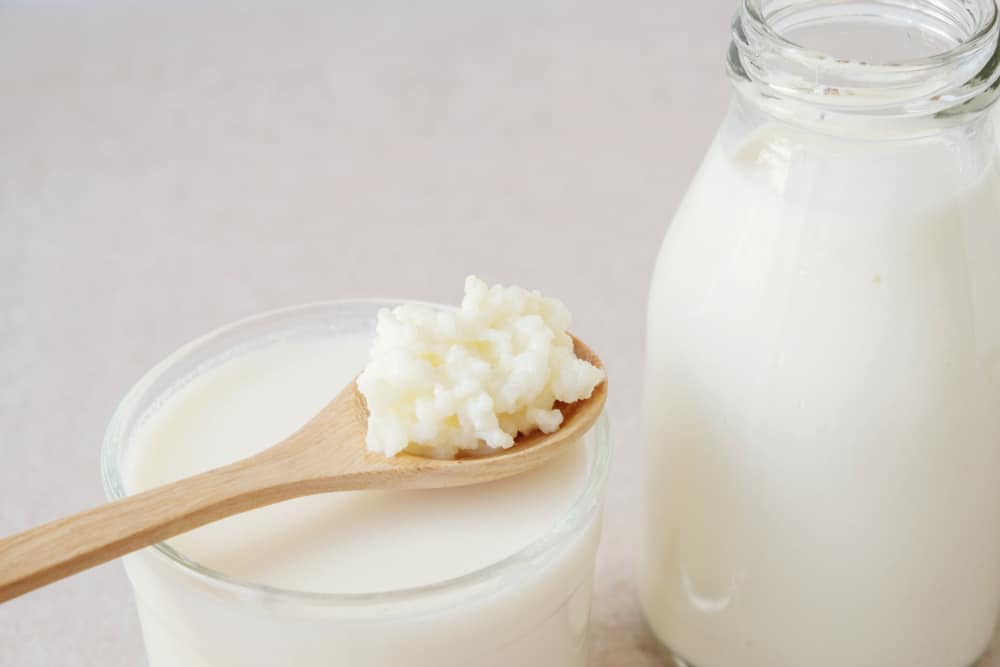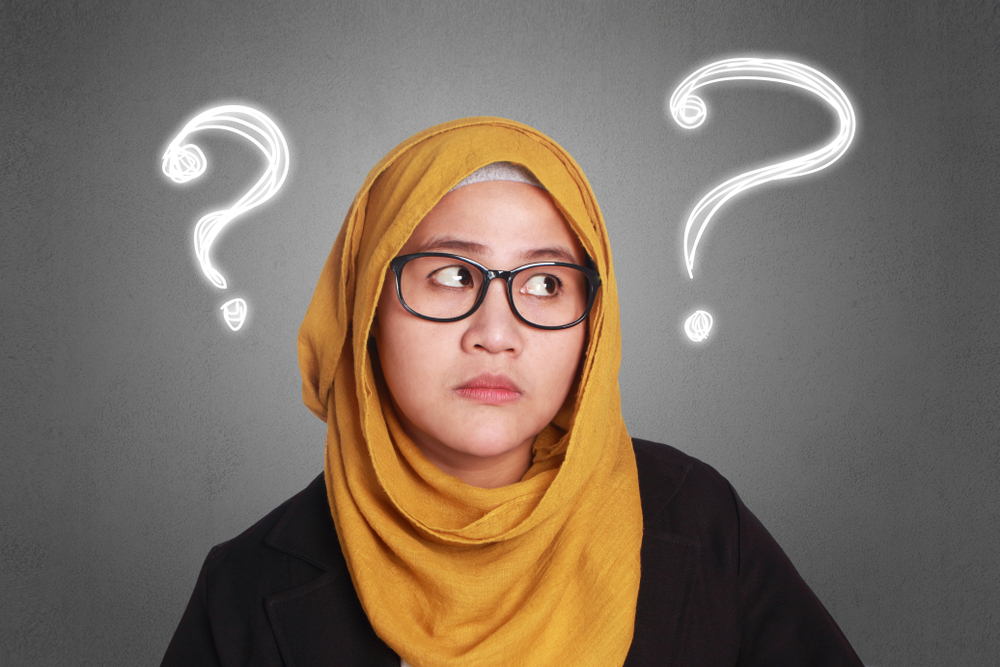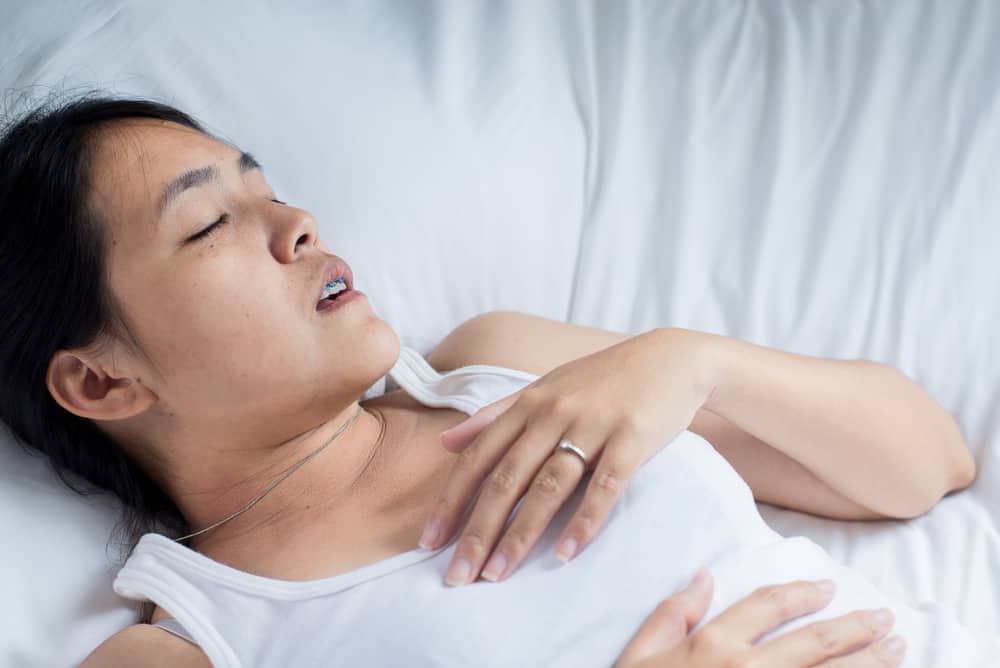Contents:
- Medical Video: Diabetes | Alcohol | StreamingWell.com
- Your heart plays a role in regulating your blood sugar levels
- Alcohol interferes with the effectiveness of diabetes medications
- Alcohol inhibits the liver in blood sugar production
- Hypoglycemia can trigger ketoacidosis
- Tips for safe drinking alcohol if you have diabetes
Medical Video: Diabetes | Alcohol | StreamingWell.com
Having diabetes is not an obstacle for you to undergo a daily routine, as well as having fun to relieve stress. But watch out! Parties, weekly nighttime hangouts with friends, and other rah-rah situations involving liquor can potentially trigger you to drink too much alcohol in a short amount of time. Alcohol can cause blood sugar levels to rise or fall depending on how much you drink. This can worsen your diabetes symptoms.
Your heart plays a role in regulating your blood sugar levels
Insulin is a hormone produced by the pancreas. This hormone functions in regulating blood sugar levels in the body. But not only the pancreas has a role in this matter. The liver also has two functions in regulating blood sugar levels. First, the liver releases glucose from stored carbohydrates (glycogen). Second, when the deposits are used up, the liver makes glucose from amino acids. This process is called gluconeogenesis.
Alcohol interferes with the effectiveness of diabetes medications
After a few minutes of drinking alcohol, and up to 12 hours later, alcohol can cause your blood glucose levels to drop. The effect of decreasing blood sugar levels can develop even worse if you use insulin or diabetes drugs to control your condition.
When you use insulin to control blood sugar, the liver becomes more difficult to work to release carbohydrates from glycogen to fuel the body. This can then cause lower blood sugar levels to drop again.
The same is true for certain diabetes medications, such as sulfonylureas and meglitinides. The side effects of these diabetes drugs reduce blood sugar levels by stimulating the pancreas to make more insulin. Drinking alcohol can cause low blood sugar to be dangerous because your heart must work to get alcohol out of your blood instead of its main job to regulate your blood sugar.
The combination of decreased blood sugar as a side effect of drugs and alcohol consumption can lead to hypoglycemia, which is a medical emergency.
Alcohol inhibits the liver in blood sugar production
The liquor you consume will be broken down in the liver, which is also the main location for storing blood sugar. But the working capacity of the liver to rinse alcohol is very limited. Therefore, if you drink too much alcohol at one time, the normal function of the liver to produce glucose as the body's energy (gluconeogenesis) can be disrupted. This results in decreased blood sugar levels.
Because, when your stored carbohydrates run out, for example in a state of fasting, the liver must also meet glucose in another way, namely gluconeogenesis. However, your heart must work extra hard to rinse excess alcohol from your blood instead of producing blood sugar (gluconeogenesis). Without glucose from glycogen and gluconeogenesis, the condition of blood sugar levels that decline too low is referred to as hypoglycemia. Hypoglycemia is a complication of dangerous symptoms of diabetes.
Hypoglycemia can trigger ketoacidosis
The effect of hypoglycemia on diabetes symptoms can be even more dangerous if you do not eat any food while drinking large amounts of alcohol at once. The combination of low blood sugar levels and the lack of a supply of glycogen obtained from food forces the body to start saving a special supply of sugar for several important organs that need it, such as the brain, red blood cells and kidneys.
To compensate for the limitations of this sugar intake, the liver then makes alternative fuels from fat called ketones. High ketone levels can poison the body. If the levels are too high, you can experience ketoacidosis, complications of diabetes symptoms are as dangerous as hypoglycemia.
Ketoacidosis is rare in people with type 2 diabetes, but your risk of experiencing this can increase if you don't adjust your diet and don't use insulin properly. Ketoacidosis causes your blood to become too acidic, which can change the normal function of internal organs such as the liver and kidneys. If you don't get medical treatment right away, you can get into a coma or even die.
Tips for safe drinking alcohol if you have diabetes
However, that does not mean you have to abstain from drinking alcohol if you have diabetes. If you live a healthy lifestyle and disciplined diet, your doctor may allow you to drink alcohol. The key, don't drink too much.
Limit around onejust half a cup to drink and give a long pause if you want to add portions. If you weigh around 70 kilograms, the liver takes about two hours to clean the residual alcohol from one portion of liquor. Generally women with diabetes should not drink more than one portion of alcoholic drinks a day, while men should not be more than two.
Don't drink beer or alcoholic drinks on an empty stomach. Eat heavy foods or snacks that contain carbohydrates when you drink alcohol. Food helps slow the rate of absorption of alcohol into the bloodstream, and forms stored carbohydrates (glycogen) that are easily released by the liver.
Finally, keep in mind that alcohol destroys the liver's ability to produce glucose. So, make sure you always check your blood sugar before, during, and after drinking alcohol. Also check your blood sugar levels just before bed to monitor the progress of your diabetes symptoms

